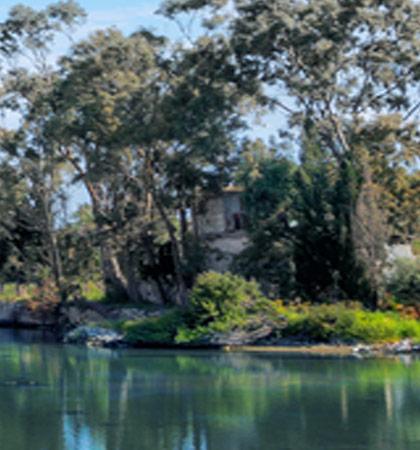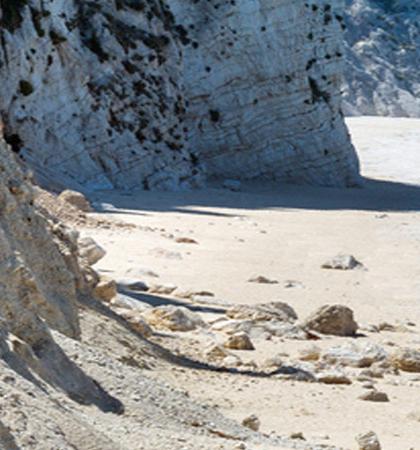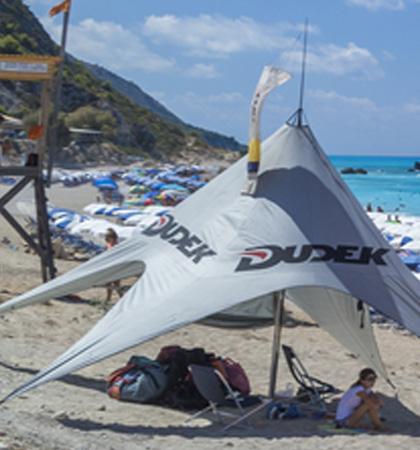History
Just like all the islands of the Ionian Sea, Lefkada has a rich history that backs its colourful culture and its vivid mores and traditions. There is evidence that the island was inhabited since the Stone Age; there are archaeological sites around the island such as the ancient city of Nirikos, just outside of the town of Lefkada.
Lefkada gets its name - which in Greek means “whiteness”- from the white rocks of the Lefkata cape in the southern end of the island. According to the Greek mythology, God Apollo, whose sanctuary was on the Lefkata rock, advised Aphrodite to jump off the cliff into the sea, in order to abolish her love for Adonis, and indeed she was freed from her passion. Legend also has it that the white rocks of the cape were a favorite resting place for the king of the Gods of Olympus, Zeus.
Throughout the centuries, the island of Lefkada has been under many different occupants, and has witnessed the turmoil of war; the islands character was shaped by various influences that resulted in this unique, colourful amalgamation that is Lefkada, the gem of the Ionian Sea.
In the 7th century BC it was a Corinthian colony. The Corinthians broaden the canal which separated the then cape of Lefkada from the mainland, transforming it to the island that it is now. Lefkada participated in the Peloponnesian war, helping their mother city Corinth and their allies, the Spartans, and later, in 343 BC it fought alongside Athens against the Macedonians and King Phillip II. It fell under Macedonian rule, until it was eventually independent in 312 BC, only to be conquered by the Roman Empire in 198 BC, where it was incorporated in the province of Nikopolis. During the Byzantine Period, Lefkada became part of the Achaia province. Due to its strategic location in the centre of the Ionian Sea and so close to the mainland, Lefkada was a constant target for crusaders, and it was on occasion taken by them.
In the Middle Ages it was part of the Epirus Despotate until 1295 when it was endowed to John Orsini, vassal of the king of Naples, and it remained in the Orsini family until 1331. John Orsini built the Agia Mavra castle that up to today dominates the entrance of the town of Lefkada. It was then Conquered by the Angevins, the Venetian Graziano Giorgio, the Serbian Stefan Dušan, Leonardo I Tocco, and finally, in 1479, the Ottoman empire. In fact, Lefkada was the only island of the Ionian Sea to be under Ottoman occupation, until 1684 when the island was taken over by the Venetians.
The Venetian times brought great prosperity to the island of Lefkada, influencing at the same time the way of living and the infrastructure of the island. These influences are evident to the present day. In more recent times, Lefkada was conquered by Napoleon Bonaparte, by Turks, Russians and Britons. After many revolts, the most important of which was the Lefkadite revolution of 1819, the island concludes its turbulent travel through time in 1864 when it was unified alongside the rest of the Ionian Islands with the then newly created State of Greece.





